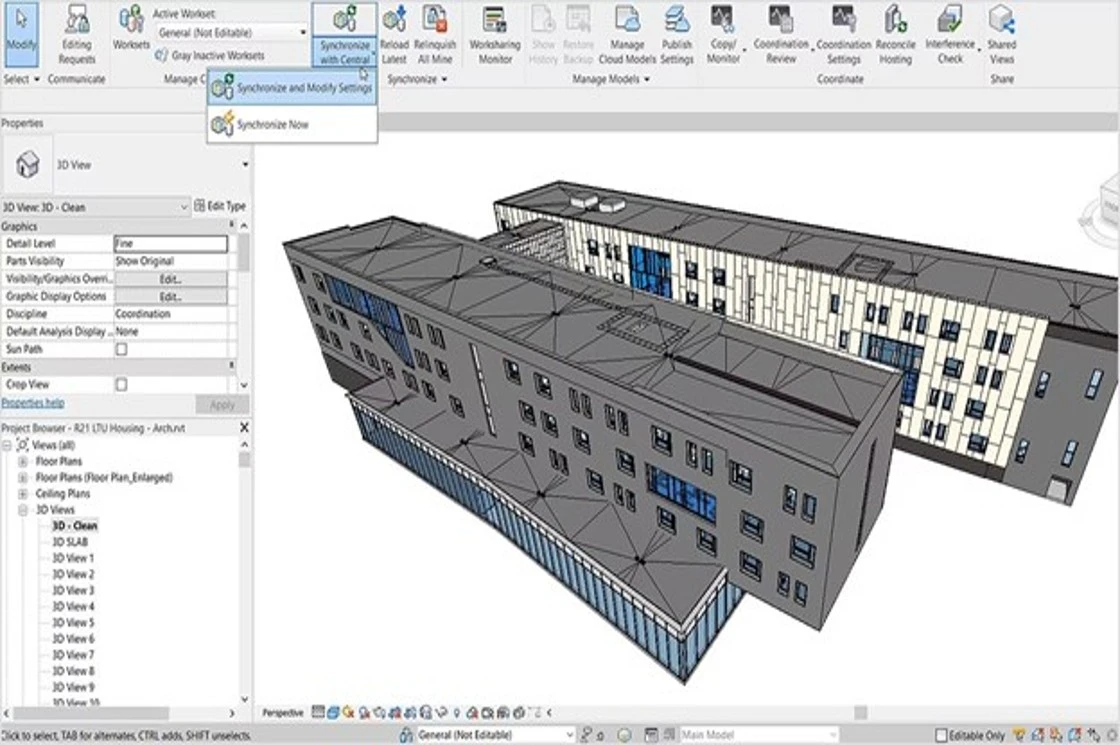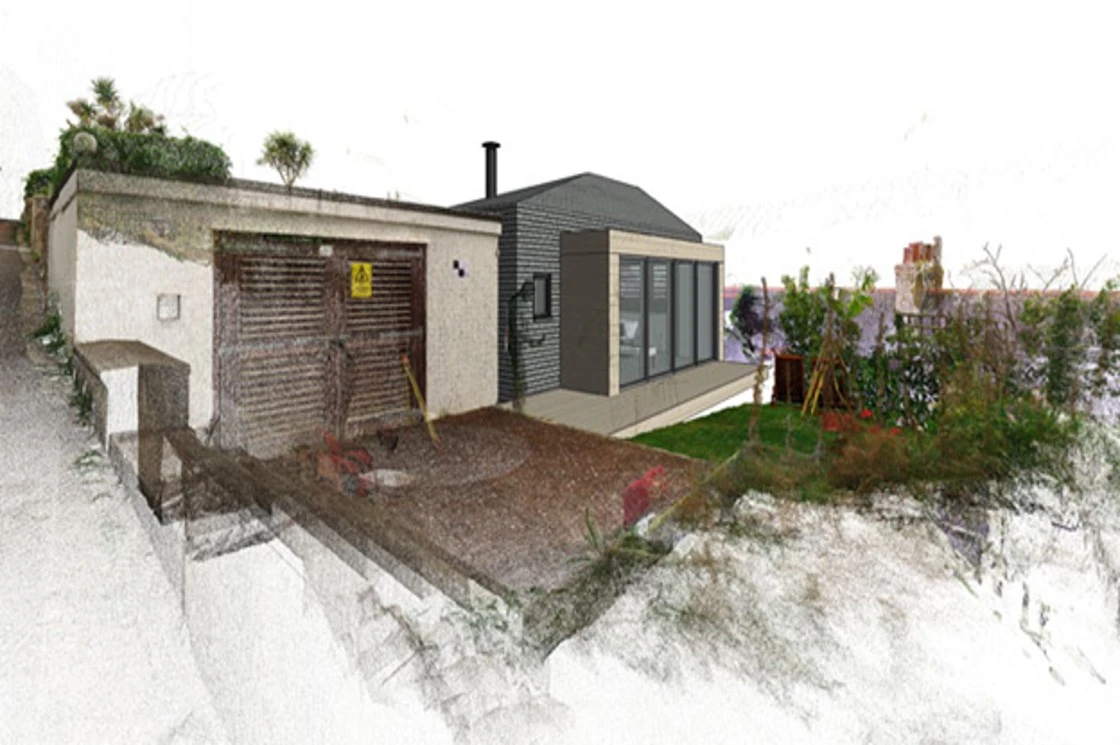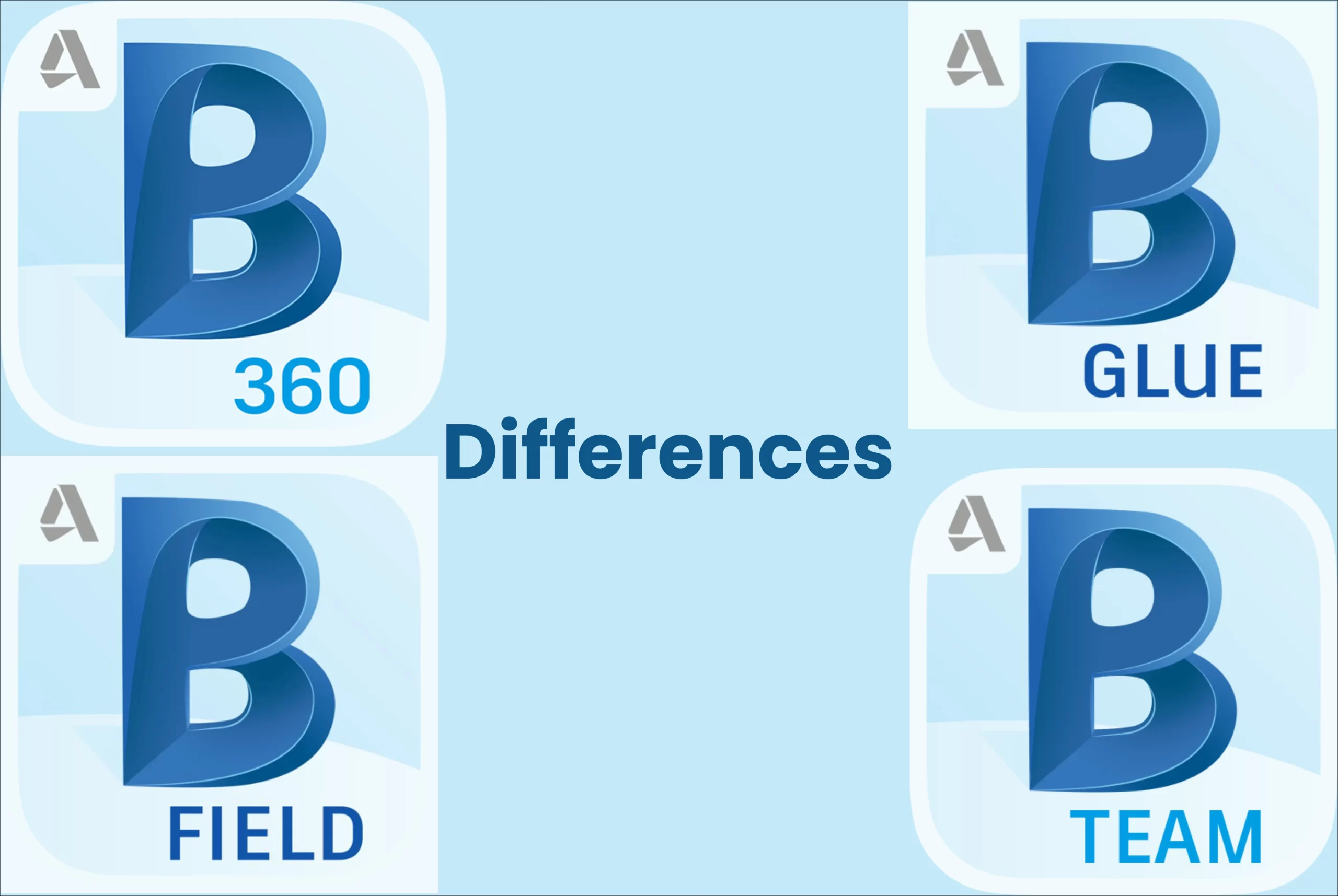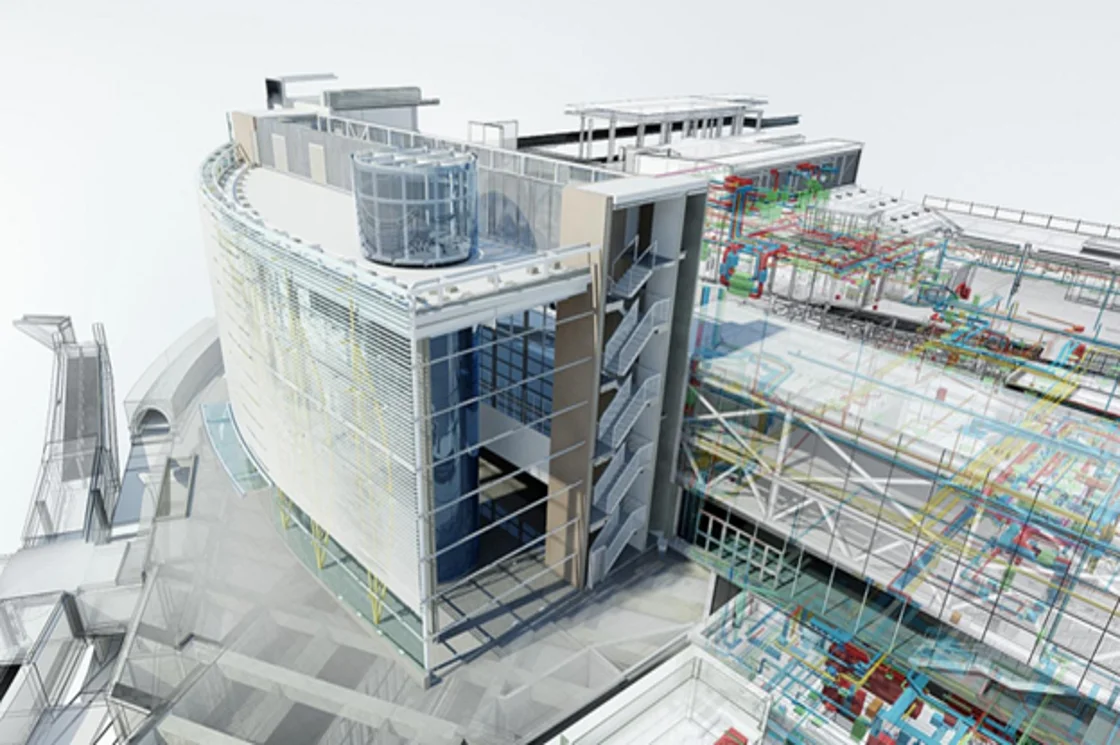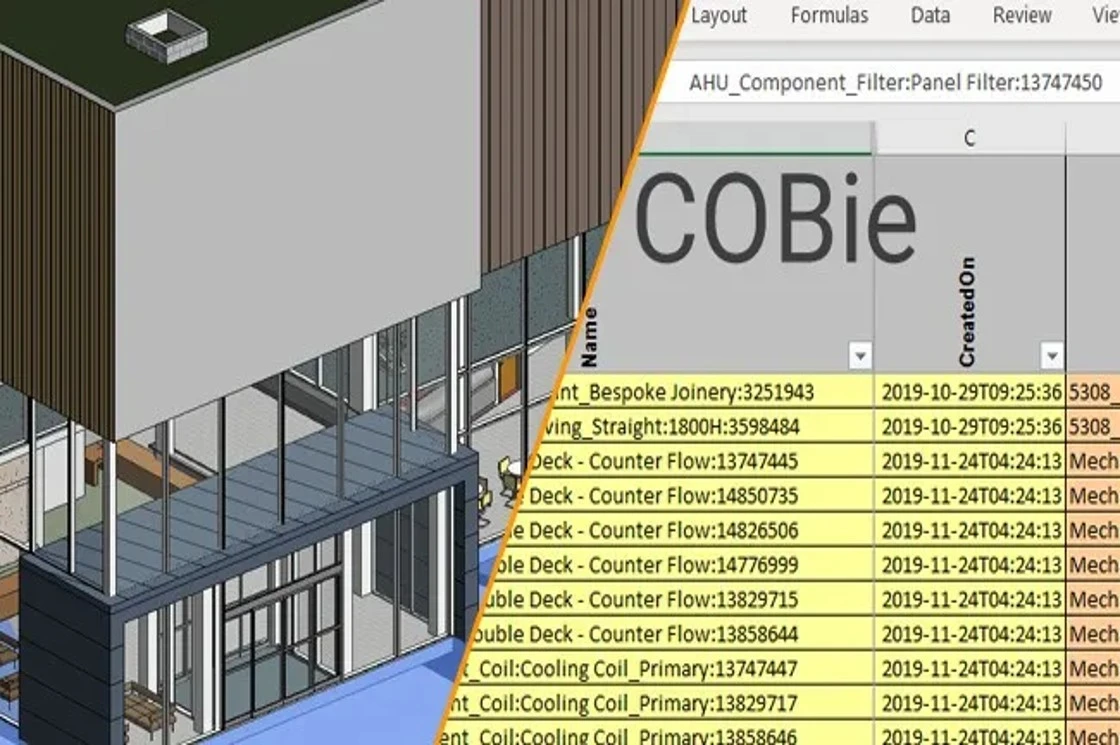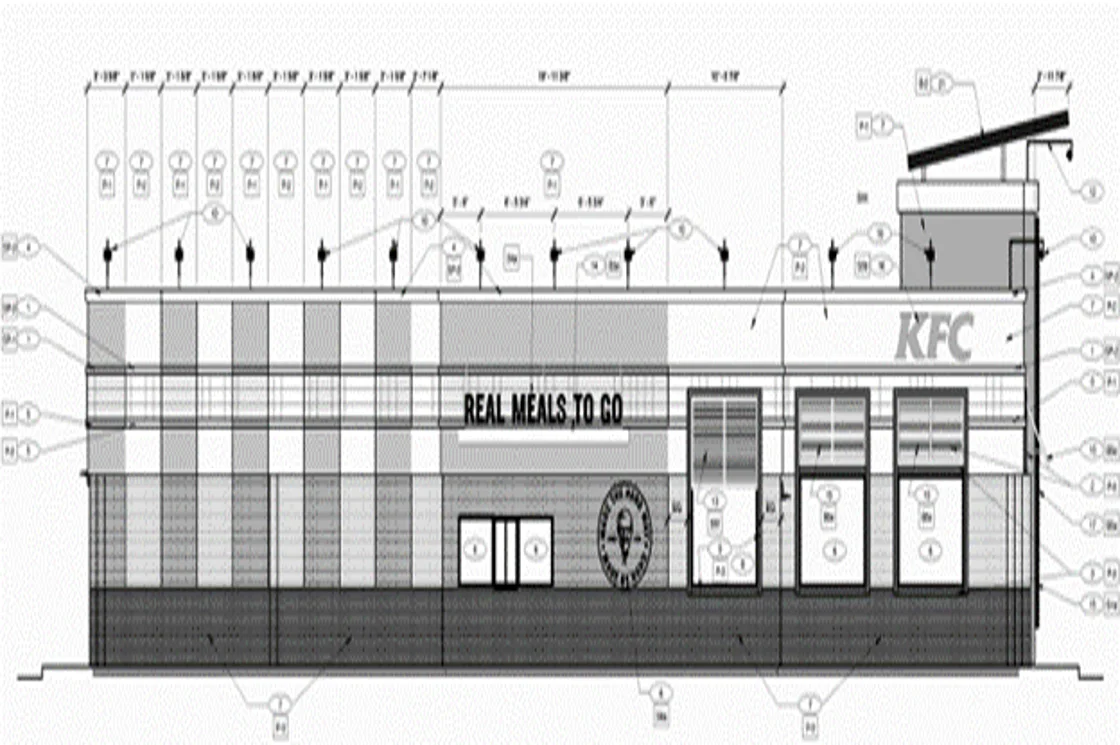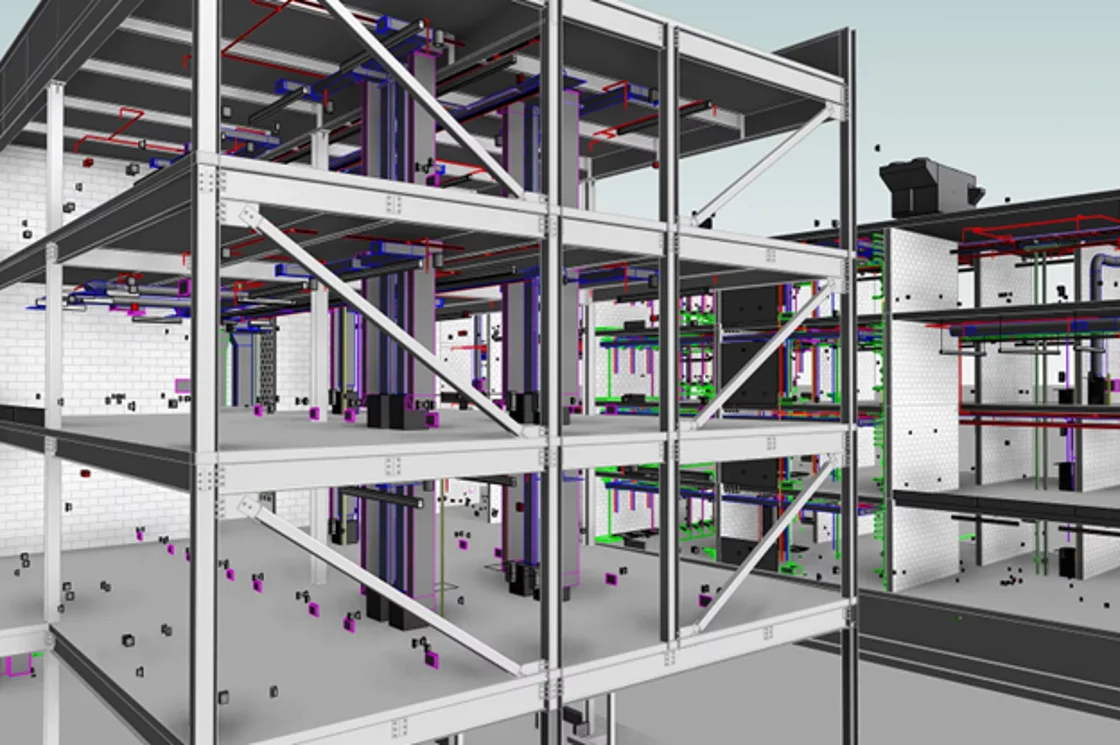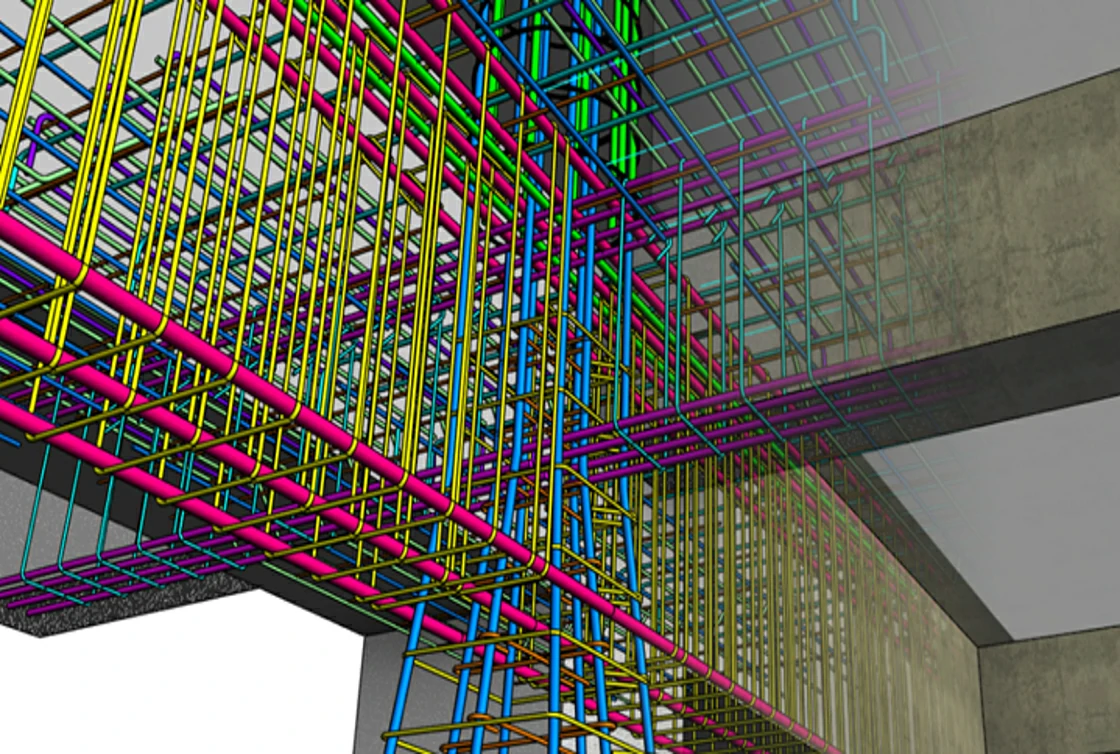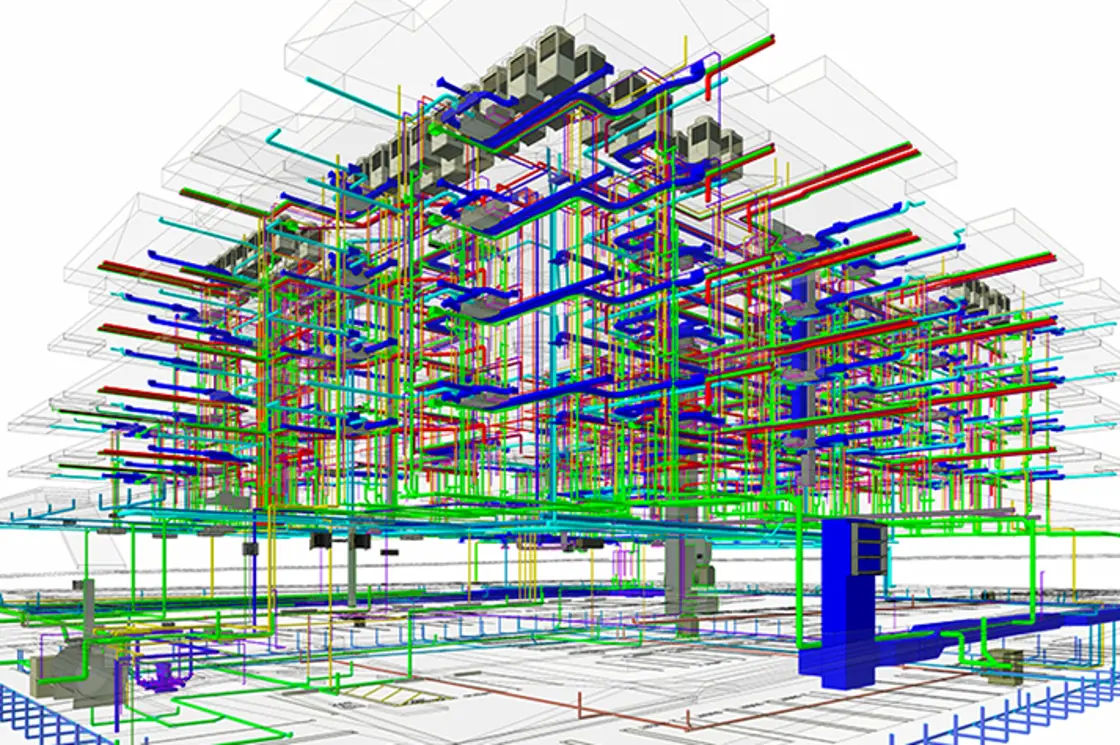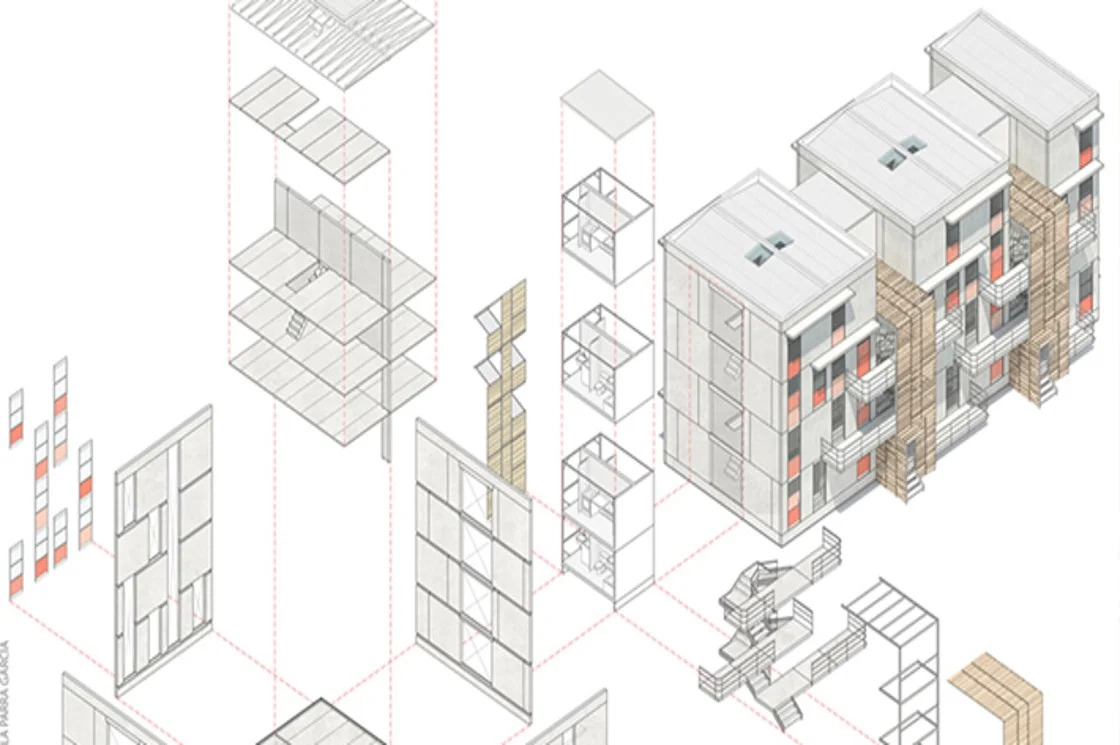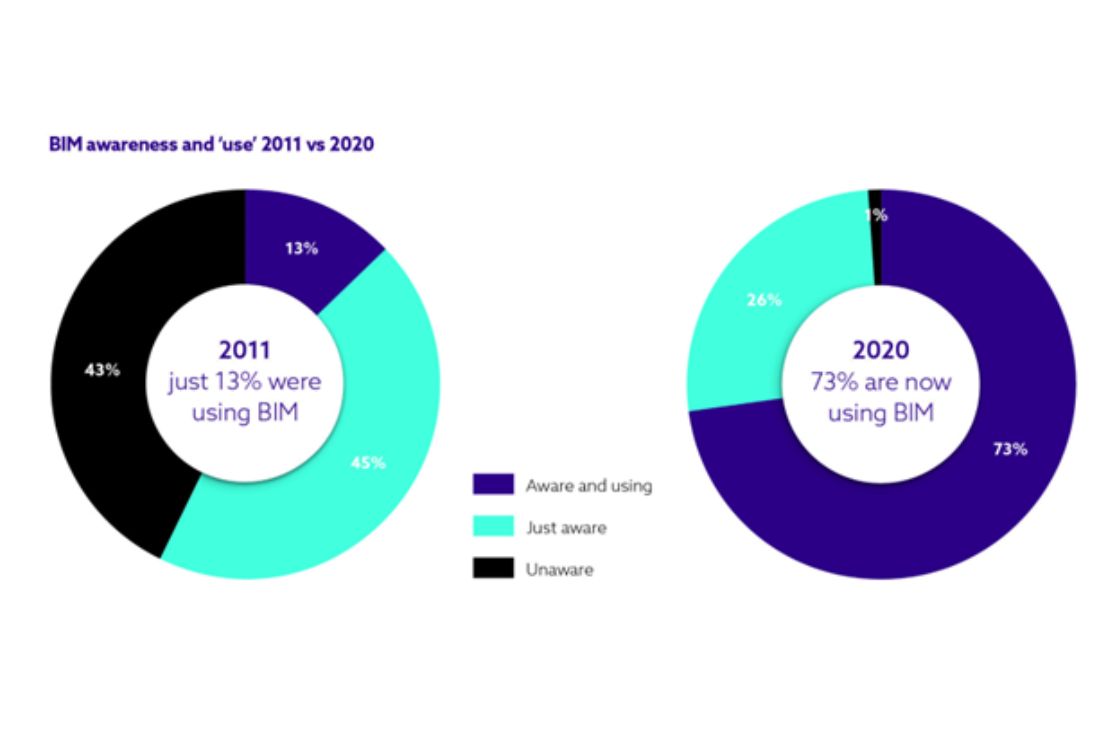Do I need to know Design to do well in BIM?
BIM is trending in the AEC marketplace. Organizations are benefiting from BIM to make the construction process more efficient. At the same time, professionals are able to provide better outcomes and demand higher salaries.
Inquiries on careers in BIM are on the rise, with professionals aiming to train themselves with BIM modeling tools and switch to BIM roles. It is a common misconception that BIM is all about software and technology. The design knowledge and soft skills required for excelling in a career in BIM are often missed.
This one is going to be just about that.
What are my Roles and Responsibilities as a BIM Professional?
1. Creating Models and Visuals
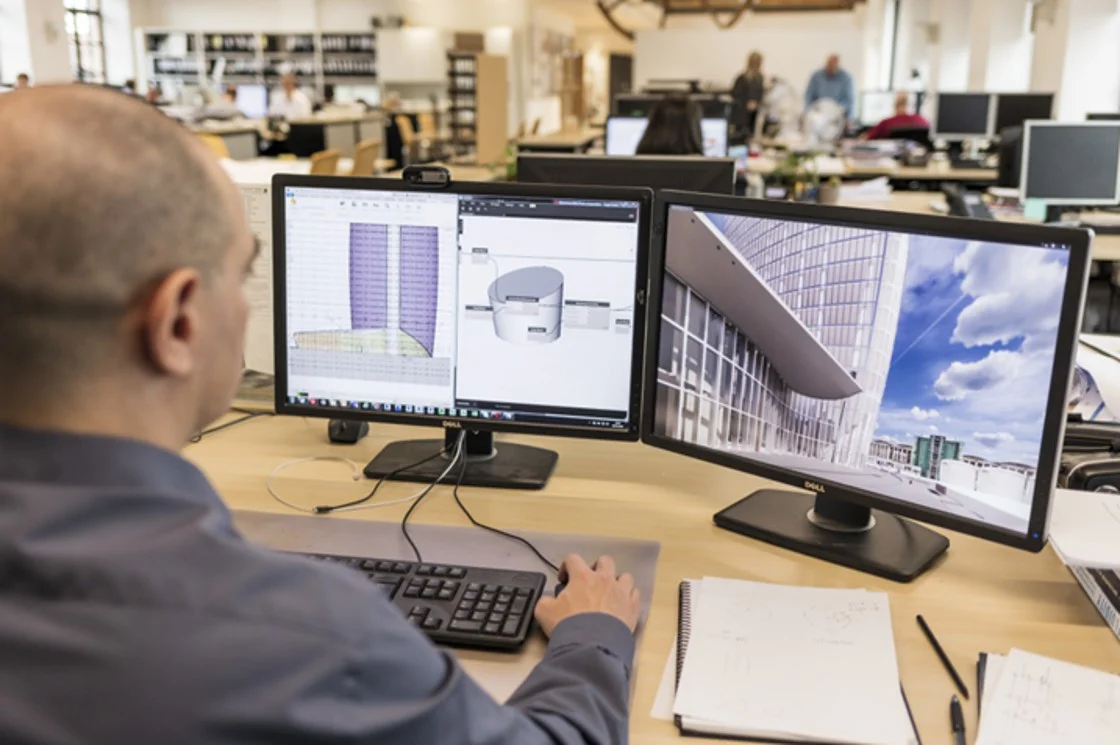
3D modeling is a fundamental part of the BIM workflow. It is important to understand the nature and type of information stored in a 3D model for its efficient use and collaboration
2. Understanding Design Philosophy
A good understanding of the design philosophy and approach behind is characteristic of a good BIM professional. Understanding the ideas and concepts helps them provide satisfactory outcomes.
3. Collaborating among different disciplines
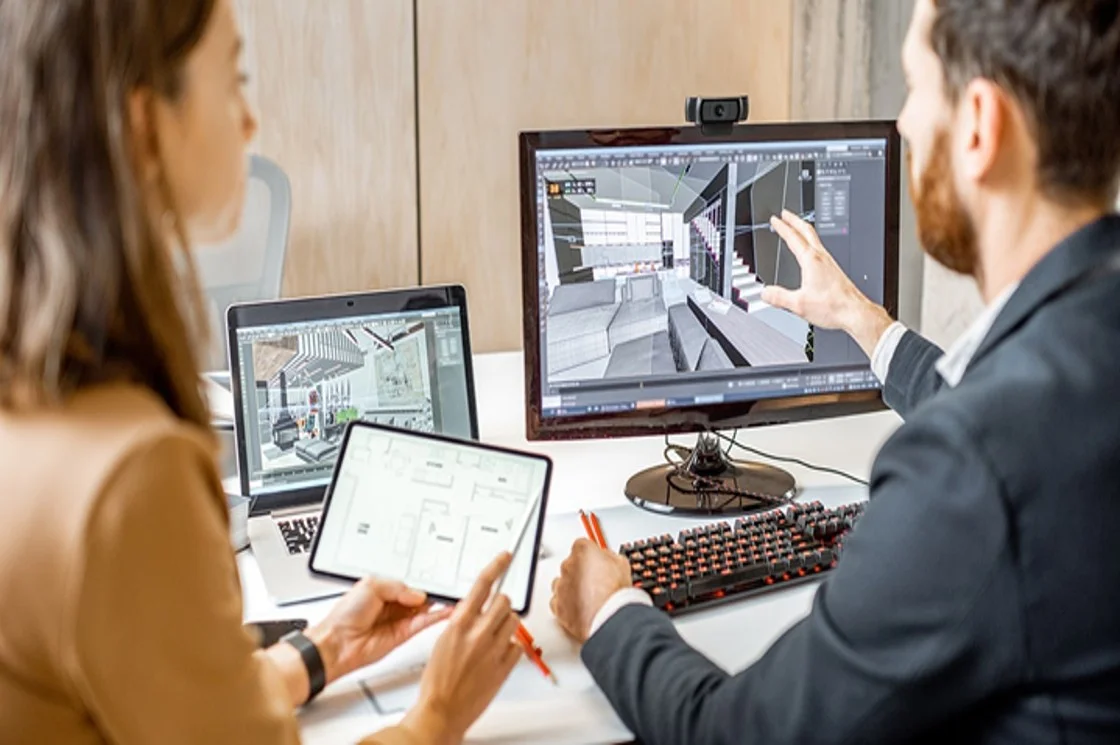
A BIM professional works with architects, engineers, and other construction professionals to ensure seamless clash coordination and collaboration.
4. Defining Project Schedules
The responsibility of defining project schedules, setting deadlines, and ensuring adherence to the same also falls on BIM Professionals.
5. Coordinating with Real-Time Construction Progress
A BIM professional uses real-time construction data to update project plans and coordinate with the construction team.
What are the Skills I Need to Become a BIM Professional?
1. Software
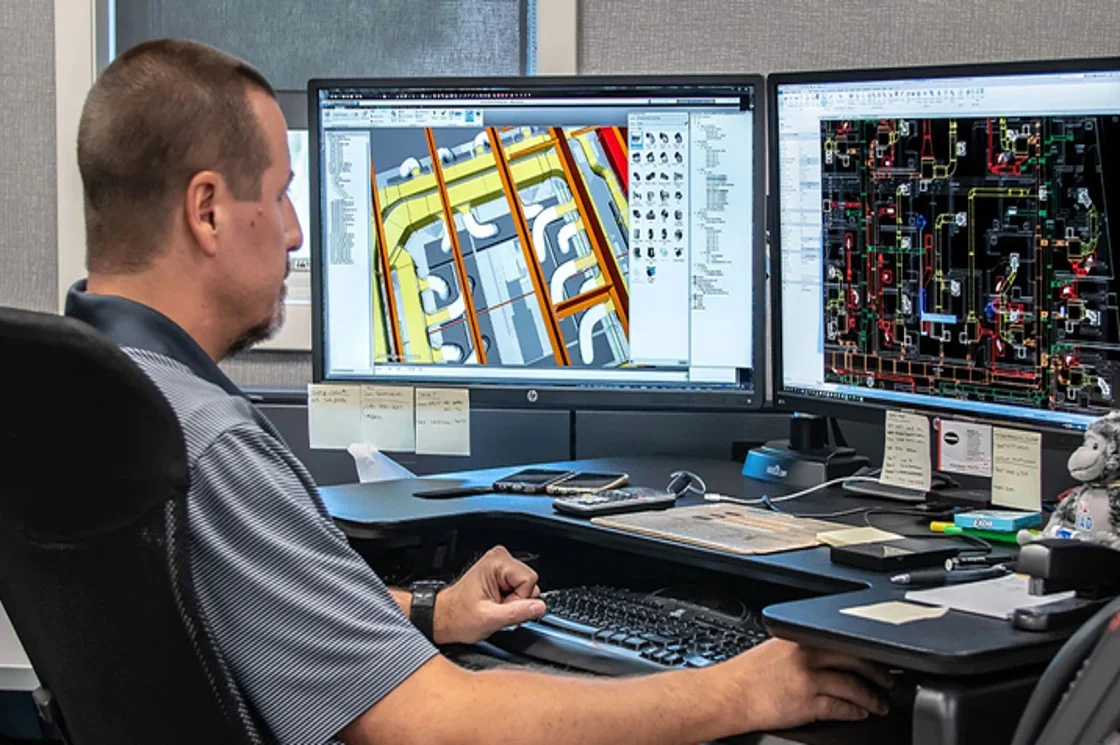
BIM professionals must be proficient in using various software programs such as Autodesk Revit for Modeling, including Navisworks for running clash coordination and 4D Simulation.
2. Design and Construction Knowledge
In-depth knowledge of design and construction practices, building codes, and construction processes is crucial for a BIM professional.
3. Soft Skills:
Soft skills are just as important as technical skills for a BIM professional.
Here are 5 key soft skills to focus on:
• Communication Skills
Excellent communication skills are a must for BIM professionals to effectively convey ideas and collaborate with team members.
• Coordination and Management
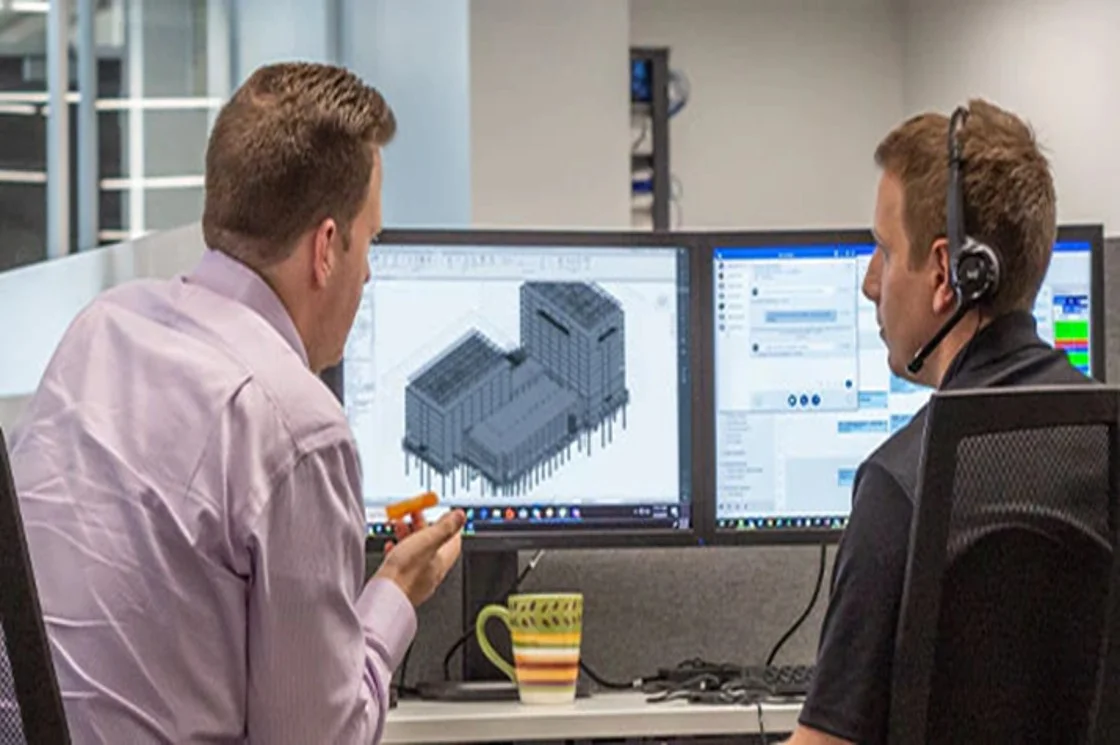
Effective coordination and project management skills help BIM professionals manage the complexities of large construction projects.
• Problem-Solving
Being able to think critically and solve problems quickly is an important quality for a BIM professional.
• Leadership
Strong leadership skills allow BIM professionals to guide and motivate teams, drive progress, and ensure project success.
• Adaptability and Flexibility
Being adaptable and flexible is key for a BIM professional, as construction projects often encounter unexpected changes or challenges that require quick problem-solving and adaptation.
Why a Background in Design is Crucial for BIM Professionals?

As a BIM professional, it’s important to understand that software knowledge can only get you so far. To really excel in the field and deliver high-quality BIM services, you need a deeper understanding of design. Each methodology needs to be customized to fit the unique needs of each firm, project, stakeholder, and scale.
Having a background in design gives you the decision-making ability to meet these specific needs. A solid understanding of design not only improves the technical aspects of BIM models; it enhances the overall quality of the project.
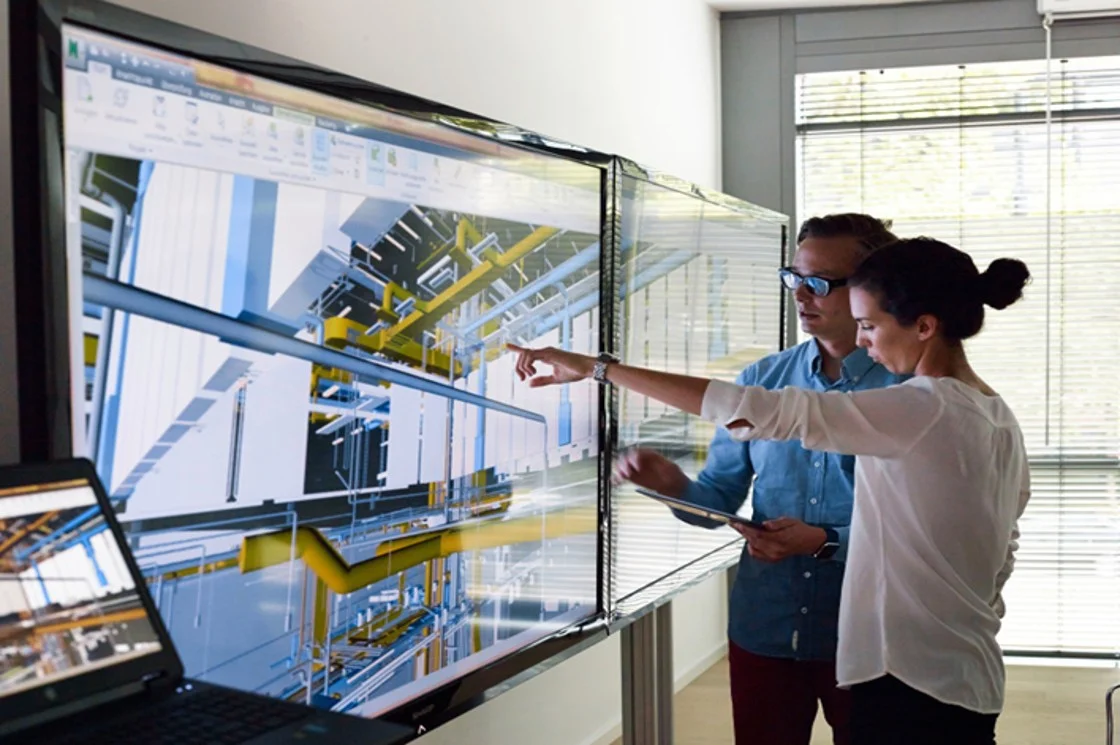
When you have an eye for design and its principles, you can bring a creative and innovative approach to the BIM process. This not only leads to better BIM models but can also set you apart from others in the field.
From making informed decisions to customizing BIM methodology to suit specific needs; design knowledge elevates your projects to new heights. To stand out and deliver exceptional results as a BIM professional it is important to bring your design knowledge to the forefront of your work.
The Mantra for Excelling in the BIM Field
It is crucial for BIM professionals to have a deep understanding of design and construction practices to make informed decisions and provide high-quality BIM services.
A solid understanding of design not only improves the technical aspects of BIM modeling but also the overall quality of the project. At AEODC, our team of experts knows the power of design – and uses it to craft BIM services that stand out from the crowd.
Common Queries:
1. What are the skills required for BIM?
Skills required for BIM include knowledge of design, construction processes, project management, and software proficiency in BIM applications. Effective communication, collaboration, and problem-solving abilities are also important.
2. How do I start learning BIM?
To start learning BIM, one can explore online tutorials, enroll in a training course, practice with BIM software, and participate in online communities for BIM professionals. Having prior design experience can also be helpful.
3. Do architects need to know BIM?
Architects can benefit from knowing BIM, as it provides a comprehensive tool for design, collaboration, and project management. BIM usage is becoming increasingly widespread in the architecture and construction industry.
4. Does BIM require coding?
BIM software typically does not require programming or coding skills, but some advanced features and customizations may require scripting or programming knowledge.
5. Is knowing Design necessary to excel in BIM?
Design knowledge is crucial for the effective use of BIM as it allows for a thorough understanding of design intent and helps ensure accuracy and creativity, leading to better outcomes.
6. Is BIM better than AutoCAD?
BIM provides a 3D model-based approach with added capabilities such as cost estimating, collaboration, and information management, making it a more comprehensive tool than AutoCAD which is primarily a 2D drafting tool



